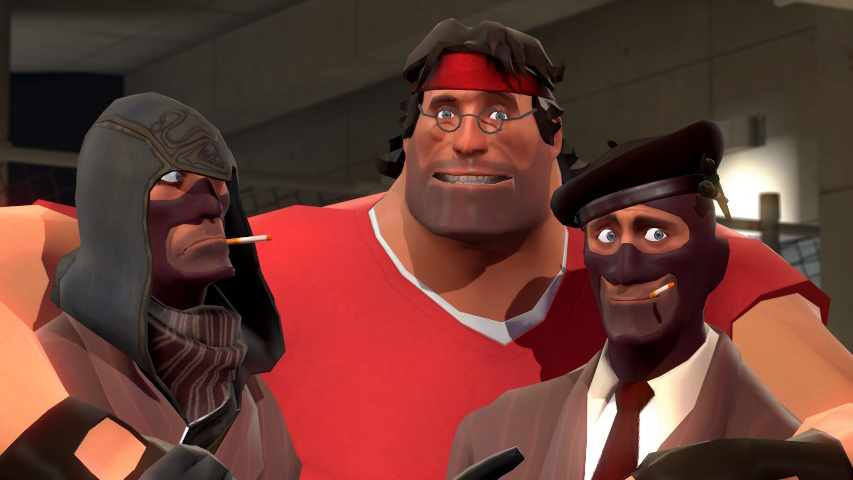In four years, developers have earned $57 million at Steam Workshop
The immobile news, which, nevertheless, we cannot miss: Valve reported that since 2011, third-party developers have earned more than $57 million on creating additional content for Team Fortress 2, Dota 2 and Counter-Strike: Global Offensive.
Why are we writing about this?
The fact is that the success (although quite insignificant, given the small numbers) of such a content production model, which consists in the creation by independent teams of visual game content that does not affect gameplay and balance (as a rule, visual alternatives to objects/characters existing in the game), speaks of three things at once.
The first and banal: free-2-play monetization works on visual content. So far, it is not so effective when compared with a more traditional model, when, for example, a player pays if he wants to save his own time in one way or another, but works.
Secondly, such an approach, applied on a larger scale, will partially solve the problem with the rapid consumption of content by users.
Third, the existence of such a market is a chance to stay afloat and gain additional experience for small companies.
Another thing that is not entirely clear: will other big companies follow Valve? As part of Steam, this practice is expanding (Valve today also announced the opening of Dungeon Defenders support in the Workshop: Eternity and Chivalry: Medieval Warfare), but the presence, for example, in EA and Activision games of such content is not yet in question. And we are not talking about mobile games anymore, although, as it seems to us, no fan would refuse the unique image of the base in Clash of Clans.
She is also known as the creator of the Half-Life and Portal series. Founded in 1996, based in Bellevue, USA.
